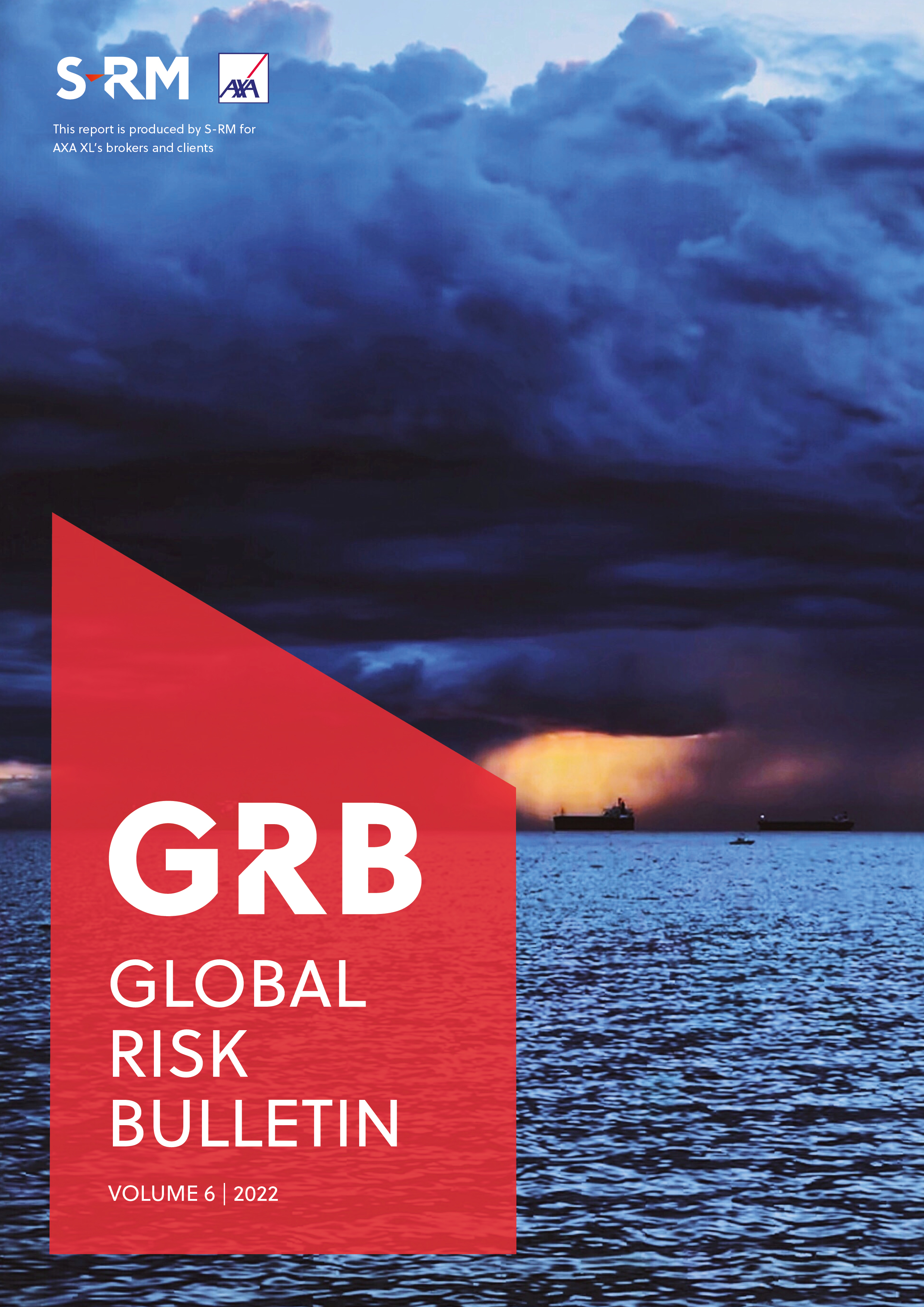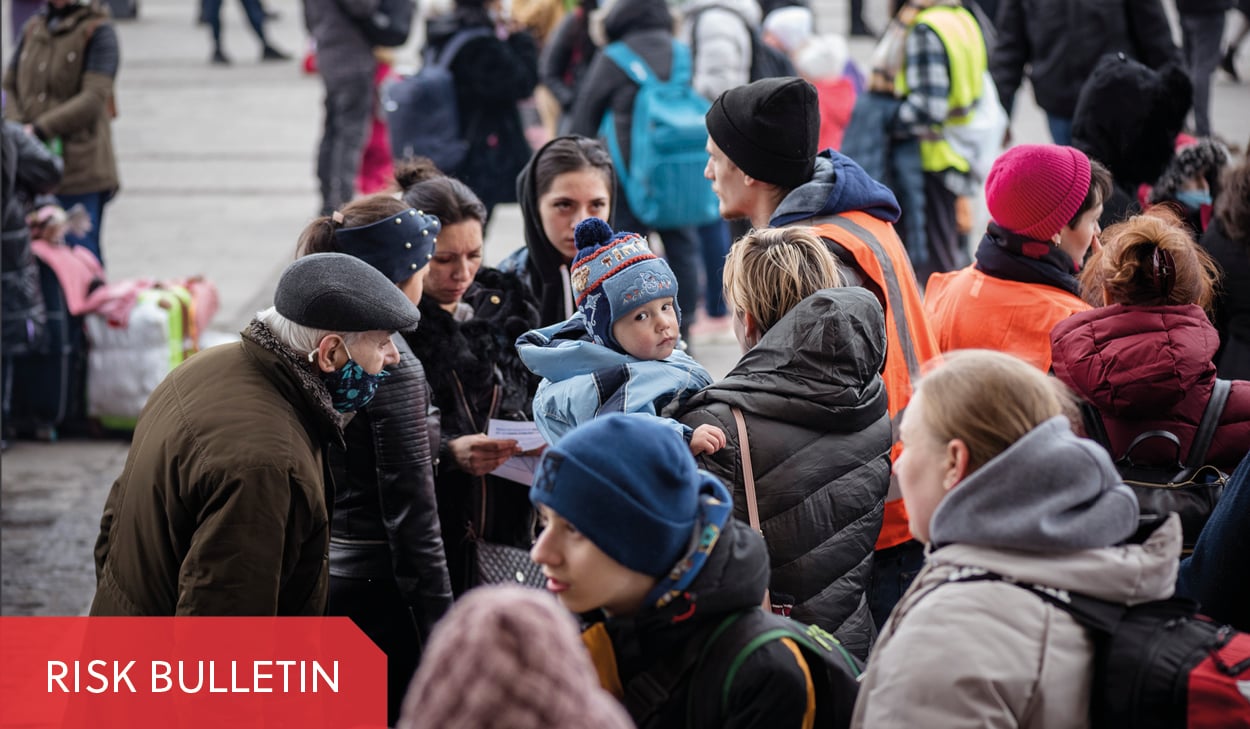In this edition of the Global Risk Bulletin, we discuss the contentious maritime security environment in the South China Sea, look at how Turkey’s economic policies are leading to growing popular discontent, and assess the prospects for Colombia’s new president to follow through on the campaign promises that brought him to power.
Rising tensions: The South China Sea’s maritime security environment is under threat
Competing claims to the lucrative fishing and natural resource rights in the South China Sea, coupled with growing geopolitical tensions and military posturing, are driving a deterioration of the maritime security environment. While military conflict remains unlikely, any significant disruptions to transit in the region will have significant impacts on global trade.

The economics of unrest: Turkey’s risky economic policies and the potential for popular protests
Soaring inflation and currency depreciation in Turkey, driven in part by unorthodox economic policies, will increase popular dissatisfaction in the coming months. While the authorities have in the past been quick to clamp down on protests, parliamentary and presidential elections in June 2023 will provide a likely platform for mass action aimed at the current government and its inability to stabilise the downward spiralling economy.

Petro’s promises: Can new President Gustavo Petro enact the change he has campaigned for?
Colombia’s first elected leftist President Gustavo Petro may struggle to fulfil his mandate, amid a hostile congress and a lagging economy. In recent years, other leftists leaders in Latin America have struggled to enact popular change, and in turn have seen the populace turn against them. Unless Petro can buck the trend, he may also face the prospect of a disappointed electorate and growing civil unrest.





 Email Markus
Email Markus





 @SRMInform
@SRMInform
 S-RM
S-RM
 hello@s-rminform.com
hello@s-rminform.com

